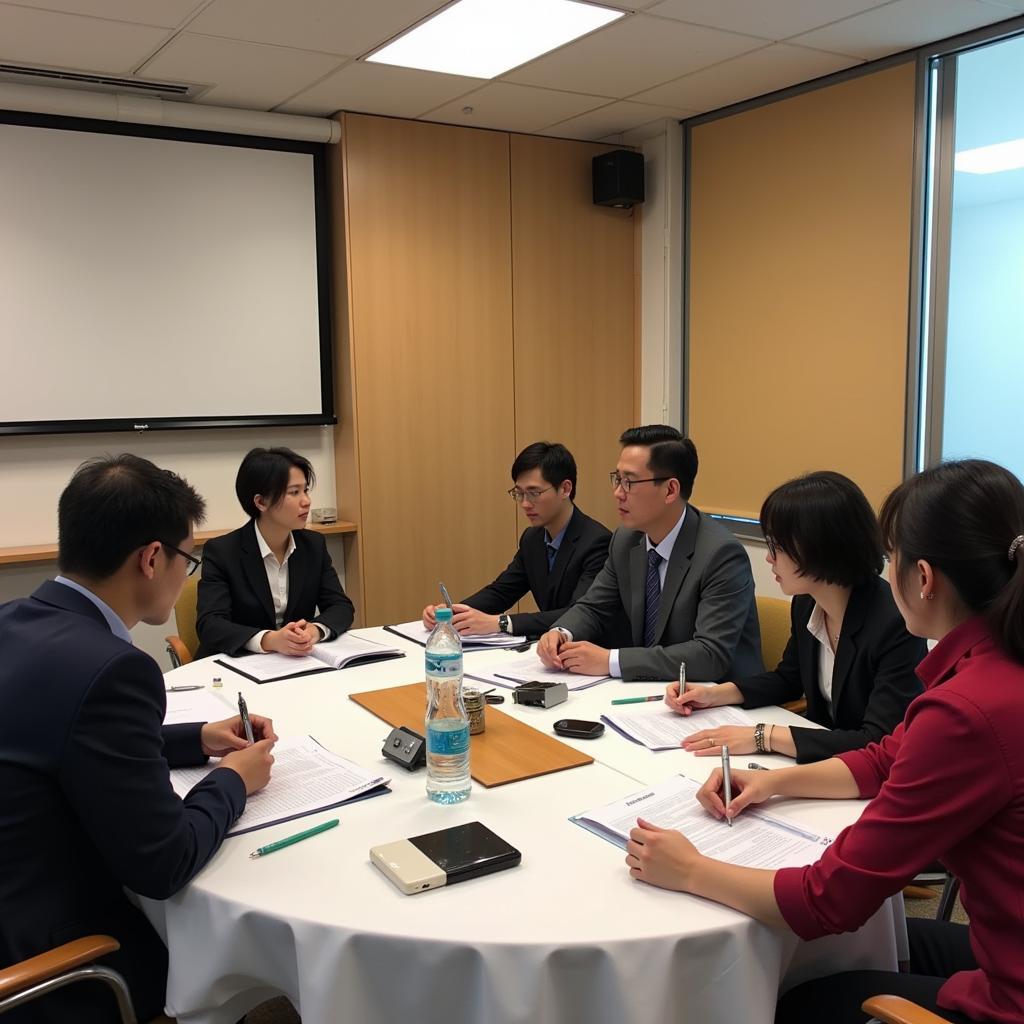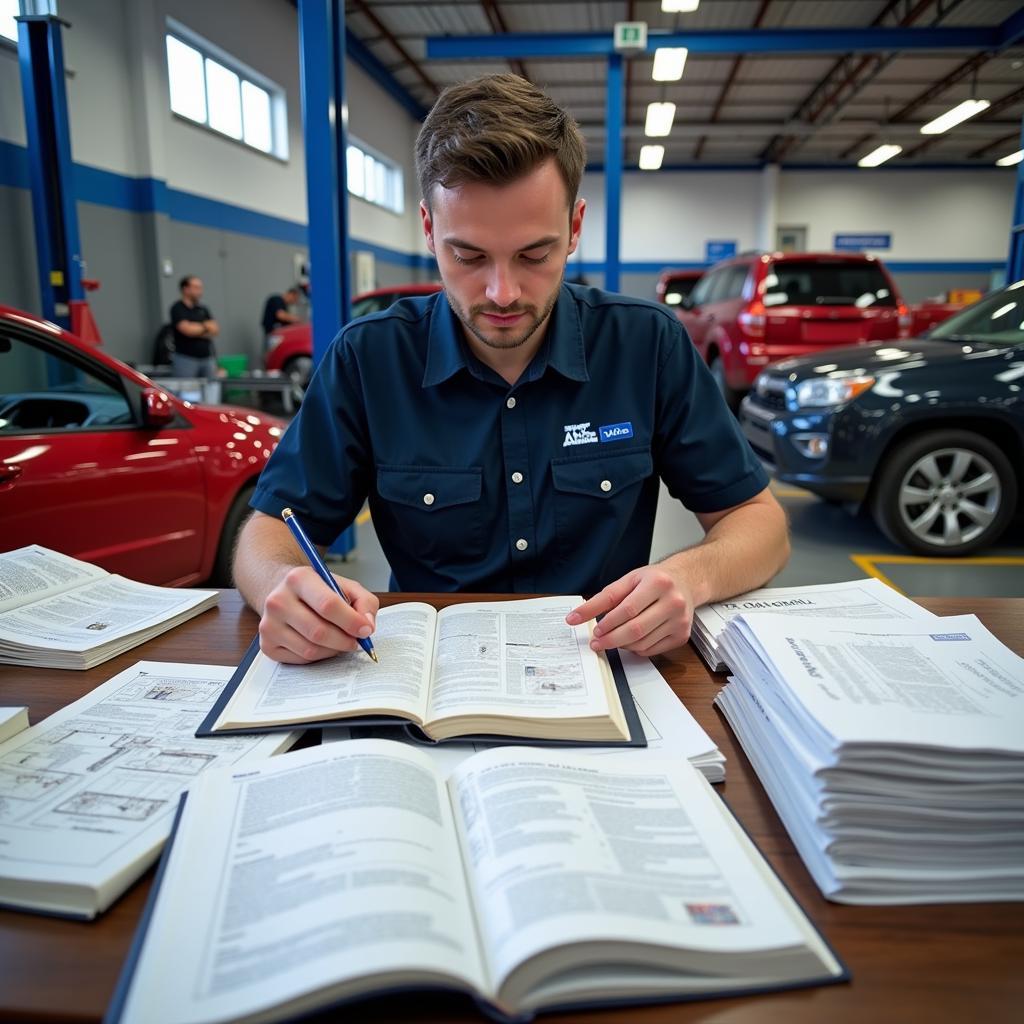ASEAN peer review is a crucial process for strengthening regional cooperation and integration. It involves member states assessing each other’s performance in various areas, promoting transparency and accountability within the association. This process aims to improve policy-making and implementation, fostering trust and mutual learning among ASEAN nations.
The Importance of ASEAN Peer Review in Regional Development
ASEAN peer review mechanisms play a vital role in promoting good governance and best practices within the region. By offering constructive feedback and recommendations, countries can learn from each other’s experiences and address common challenges collectively. This collaborative approach fosters a sense of shared responsibility and strengthens regional solidarity. The process also helps ensure that member states adhere to the principles and objectives outlined in the ASEAN Charter, contributing to the overall progress and development of the association. For example, peer review in areas like economic integration can facilitate greater trade and investment flows, benefiting all member states.
How Does ASEAN Peer Review Work?
The peer review process typically involves a self-assessment by the reviewed country, followed by an assessment by a peer review group comprising experts from other ASEAN member states. The review process is based on pre-agreed criteria and indicators, ensuring objectivity and consistency. The results of the review are then shared with the reviewed country, which is expected to implement the recommendations. Regular follow-up assessments are conducted to monitor progress and ensure the effectiveness of the peer review process.
Key Areas of ASEAN Peer Review
ASEAN peer review encompasses various areas of cooperation, including political and security cooperation, economic integration, social and cultural development, and functional cooperation. Within each area, specific themes are identified for review, ensuring a comprehensive and targeted approach. This allows member states to identify areas where they excel and areas where they can improve, creating a culture of continuous improvement and shared learning.
Benefits of Participating in the ASEAN Peer Review Process
Participating in the peer review process offers several benefits for ASEAN member states. It provides a platform for countries to showcase their achievements and share their experiences with others. The process also helps identify areas where further capacity building and technical assistance are needed, enabling countries to address their specific development challenges. Moreover, peer review fosters greater transparency and accountability within the association, enhancing trust and confidence among member states.
“The ASEAN peer review mechanism is a powerful tool for promoting regional cooperation and integration,” says Dr. Maria Santos, a prominent Southeast Asian political analyst. “It encourages mutual learning and fosters a sense of shared responsibility among member states.”
 ASEAN Peer Review Meeting in Session
ASEAN Peer Review Meeting in Session
Challenges and Future Directions of ASEAN Peer Review
While the ASEAN peer review mechanism has made significant strides, it also faces certain challenges. One key challenge is ensuring the impartiality and objectivity of the review process. Another challenge is ensuring that the recommendations are effectively implemented and translated into tangible outcomes. Moving forward, enhancing the capacity of member states to conduct and participate in peer reviews is crucial. This includes providing adequate training and resources to peer reviewers and ensuring the availability of reliable data and information.
“Building trust and fostering a culture of open dialogue are essential for the success of ASEAN peer review,” adds Dr. Santos. “The process must be seen as a constructive and collaborative effort, not as a means of criticism or judgment.”
Conclusion: Strengthening ASEAN Through Peer Review
ASEAN peer review is an essential instrument for strengthening regional cooperation and integration. By promoting transparency, accountability, and mutual learning, the process contributes to the overall development and progress of the association. Addressing the challenges and strengthening the capacity of member states will be crucial for ensuring the effectiveness and sustainability of ASEAN peer review in the years to come.
Need support? Contact us 24/7 at Phone: 0369020373, Email: aseanmediadirectory@gmail.com or visit us at Thôn Ngọc Liễn, Hiệp Hòa, Bắc Giang, Việt Nam.

